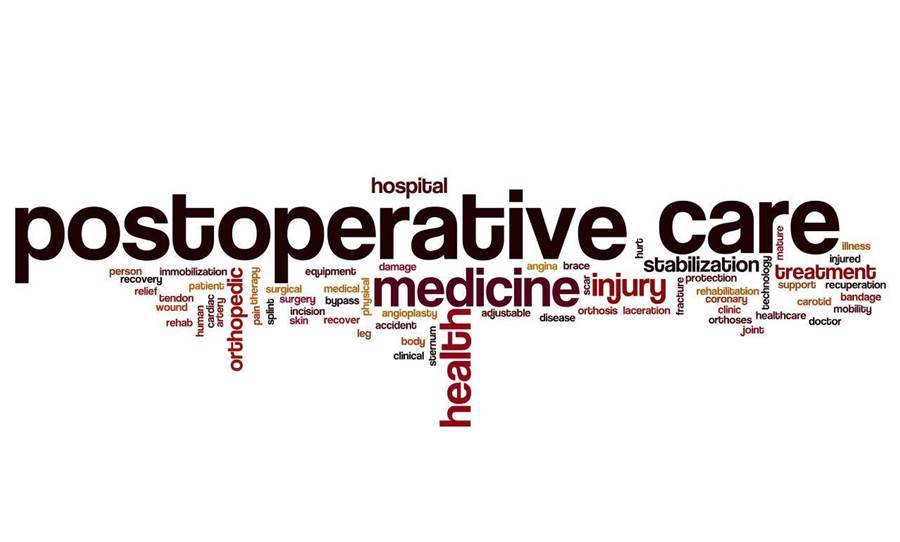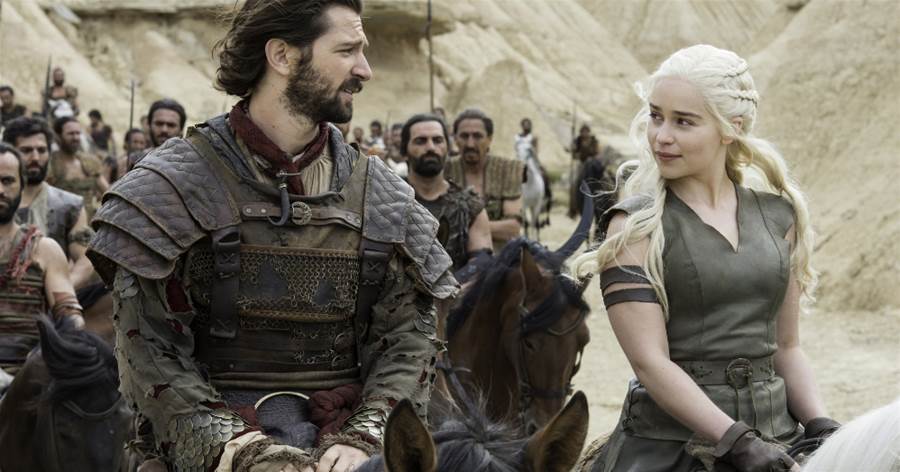
Conditioning issues after colon cancer surgery can be divided into short-term and long-term.Short-term temporary positioning for 1 month after surgery. This stage is mainly about gradually restoring diet and promoting the recovery of gastrointestinal function, especially the healing period of colon anastomosis and abdominal wound within 1 week after surgery.

Within the next week, I was basically unable to eat, mainly during my stay in the hospital. Nutritional issues were mainly supported by intravenous nutrition. Regardless of the issue of eating, you can drink water at most (usually you wait until the intestines recover to defecate, and a few start drinking water on the first day after surgery, which is not a big problem).
During this period, pay attention to getting out of bed early and observe the amount and color changes of the liquid drained by the abdominal drainage tube.
Elderly people should pay attention to coughing and sputum to avoid lung infection. At the same time, pay attention to whether there is blood and fluid oozing from the wound, and change dressings in time. Avoid wound infection. The vast majority of patients can take liquid food, including enteral nutrition, 5-7 days after surgery. The stitches on the abdominal wound can basically be removed within a week, and discharge can be considered.
The article is not finished. Click on the next page to continue.
The article is not finished. Click on the next page to continue.
Next page


















